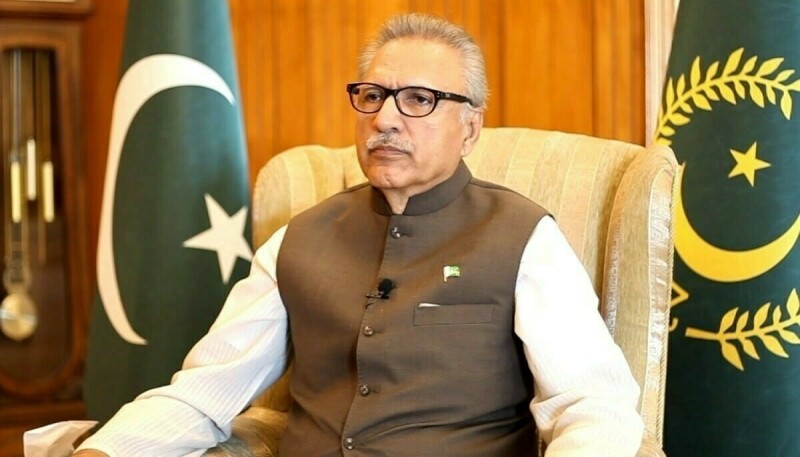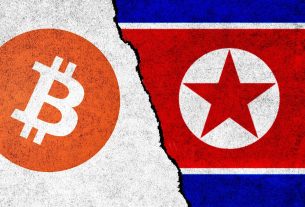President Dr Arif Alvi on Thursday approved the Finance (Supplementary) Bill, 2023 which was passed in the National Assembly on Monday and which is crucial to unlock the next tranche of the International Monetary Fund (IMF) loan programme.
In a statement, the President House said that the approval was given in accordance with Article 75 of the Constitution.
The bill, also known as the mini-budget, will impose new taxes worth Rs170 million on the public. Following the approval, sales tax will rise to 18% on normal goods and 25% on luxury goods. Moreover, taxes on air tickets will be revised upward and cigarettes will be costlier.
Finance (Supplementary) Bill, 2023 adopted: NA acquiesces to IMF tax stipulation
According to Finance Minister Ishaq Dar, the new revenue measures will not affect the poor segments of society.
On Tuesday, Minister of State for Finance Aisha Ghaus Pasha stated that almost all the prior actions of the IMF have been fulfilled and the staff-level agreement is expected anytime.
She said that the subsidies received by the rich class are being removed and would be provided only to the poor.
Staff-level pact with IMF anytime soon: MoS Aisha
The minister further stated that the country has fulfilled almost all the prior actions of the IMF and was optimistic about the staff-level agreement anytime soon.
Meanwhile, Dar said on Wednesday that formalities have been completed Board of China Development Bank and it has approved the facility of $700 million for Pakistan.
This amount is expected to be received this week by the State Bank of Pakistan (SBP) which will shore up its forex reserves, he said.
Lately, Pakistan has been facing a liquidity crunch amid falling SBP-held reserves and loan repayments. Resumption of stalled IMF deal is crucial to lend a hand to the cash-starved country.


